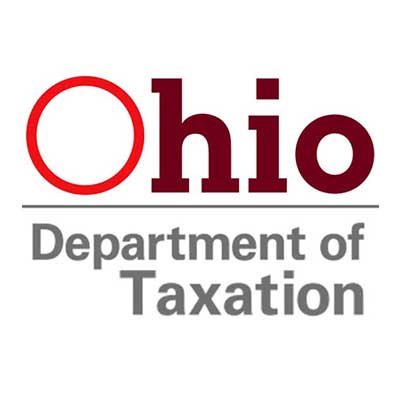Originally published on Forbes.com May 2nd, 2013
Ohio businesses had a chance to avoid large penalties and interest for unpaid use tax. The window of opportunity closed yesterday as the zeroes on this count down clock show. In the controversy over whether on-line retailers should be charging sales tax, people often (almost always) forget about use tax. If you avoid sales tax by ordering items on-line, you are liable for use tax. This is one of those areas where compliance is less than perfect. Many states have taken to putting a gentle reminder about use tax on their individual returns (Line 17 on Ohio’s IT 1040). When Massachusetts started the practice it led to some heated debates in our office. I was extremely skeptical about the number of people who seemed to never buy anything on-line, order anything through the mail or bring tchotchkes back from lower sales tax states or abroad. Apparently there are lots of them according to some of my former partners.
Starting a use tax crusade against individuals would probably be challenging for a state, but businesses are another matter. A corporation’s income tax returns will give rather obvious clues as to what the corporation purchased that might be subject to sales tax. Just for example, all your furniture and computers are probably subject to sales tax. The general ledger will not show the sales tax. Any sales tax paid will be included in the cost of the item that went into fixed assets.
So let’s see those invoices. My oh my. All the furniture and computers in your Cincinnati office came from Kentucky. Of course you must have paid Kentucky sales tax, which at 6% is only half a percent less than the rate for Hamilton County so that’s not going to hurt too much, but I’m not seeing any sales tax on these invoices. Well what do you know ! All that stuff was shipped by common carrier by a vendor without Ohio nexus, so no sales tax was paid on any of it. You owe use tax at 6.5% on all of it, for the last ten years, plus interest, plus penalties.
The Ohio use tax has only been on the books since 1936. It takes a while for the word to get out. So when the state decided to get serious about collecting use tax from the over 300,000 businesses that look like they should be paying it, they started with an amnesty program, which ended yesterday – May 1, 2013. Chea Romine CPA of Romine CPAs and Associates (offices in Reynoldsburg, Worthington and Logan) has been educating his clients about the amnesty program since it began. His firm is responsible for about a hundred of the businesses that have come in from the cold, paid use tax back to 2009 and promised to go and sin no more. He told me that in total about 12,000 of the over 300,000 businesses have come forward.
Chea believes that the amnesty was very poorly advertised by the state. In his view, many of the businesses that took advantage of it were helped by national or large regional firms. The program did not penetrate deep enough. Now he is expecting 93 new auditors that the state has hired to be coming at companies with a vengeance. He expects that they will be looking back 10 years, which will be a serious hardship on businesses that don’t keep invoices that long. No easy payment plan as under the amnesty program. He is worried that people may be forced out of business by these audits.
Chea and I discussed two hypothetical examples of businesses likely to be caught up in the use tax net. One is a Cincinnati company that has been aggressively avoiding sales tax by having everything including the kitchen sink shipped by common carrier from across the river. The other is more innocent. A dental practice has a resale certificate because it is selling special toothpaste and the like. No problem there as they will be charging and remitting sales tax on what they sell the patients. What about the items that they give to their patients ? On those there should have been use tax paid. Was it ? 93 inquiring minds drawing paychecks from the Ohio Department of Taxation will want to know.
Even if you missed out on amnesty, you still might be able to get some sort of cap on your use tax exposure through the Voluntary Disclosure Program. That is definitely something that you want to use a professional for. That way your anonymity is protected while a deal is being negotiated. I’m sorry I didn’t write about this sooner, but I have a lot of things that I am keeping track of.
You can follow me on twitter @peterreillycpa.































































































